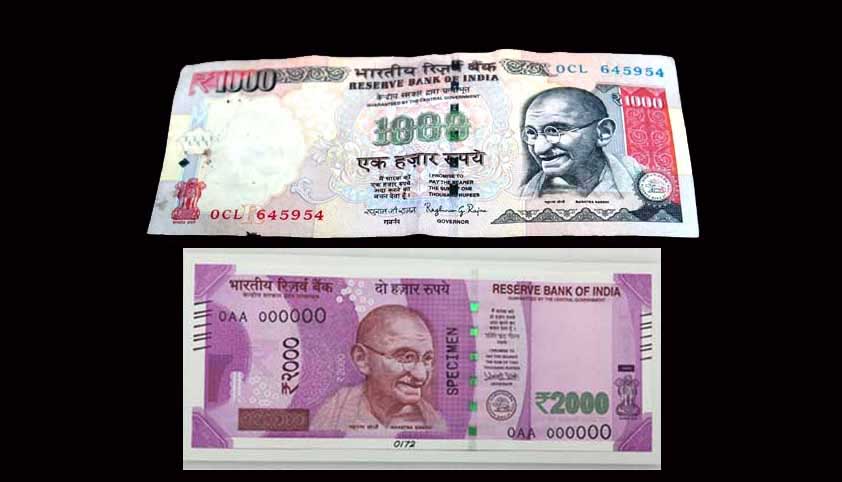Q&A On IT Dept's Action On Old Currency Deposits In Banks
LIVELAW NEWS NETWORK
10 Nov 2016 2:51 PM IST

Next Story
10 Nov 2016 2:51 PM IST
The government has announced that the legal tender character of banknotes in denominations of ₹ 500 and ₹ 1000 stands withdrawn.In consequence thereof, withdrawn old high denomination (OHD) notes cannot be used for transacting business and/or store of value for future usage. The OHD notes can be exchanged for value at any of the 19 offices of the Reserve Bank of India or bank branches or...
